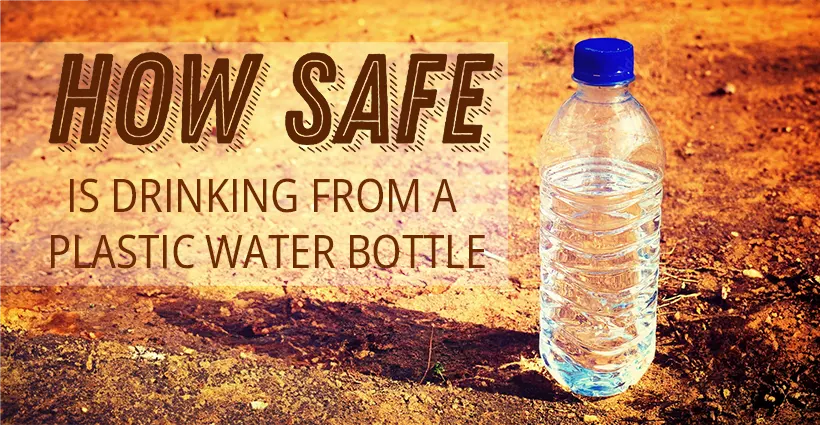Unseen Dangers of Improperly Stored Water is Another Reason for Reusable Water Bottles

Bottled water is convenient, especially on the go, but sun-baked bottled water is concerning. A recent online debate over the safety of cases of single-use disposable water bottles that were stored in full sun had some commenters thinking twice about this convenience item. Does sunlight pose a risk to bottled water, and what are the long-term effects of drinking from a sun-baked disposable plastic bottle? Learn more and find out how to stay hydrated and safe.
Heat Alters Plastic
Plastic is durable and lightweight, making it a wonderful container for almost anything, including water. Plastic containers often transfer or leach small amounts of chemicals, known as Bisphenol A (BPA), into the food or water stored in the container. Those chemicals are then passed along when the food or water is consumed.
Increased temperatures cause the plastic to break down more quickly, increasing BPA release. “The hotter it gets, the more the stuff in plastic can move into food or drinking water,” explains Rolf Halden, director of the Center for Environmental Health Engineering at Arizona State University’s Biodesign Institute.
Is BPA Safe?
Research into the safety of BPA has focused on damage to the brain and prostate gland of fetuses, infants, and children. Researchers are also looking into possible connections between BPA and elevated blood pressure, cardiovascular disease, type 2 diabetes, breast and ovarian cancer, and immune, thyroid, and metabolic issues.
The U.S. Food and Drug Administration (FDA) has concluded that the low levels of BPA found in food and water during research are safe, although additional research is constantly underway. The European Food Safety Authority (EFSA) banned BPA from food containers intended for children under the age of 3 years in 2018. As recently as April 2023, the EFSA lowered the acceptable daily intake of BPA.
Be Safe
Avoiding BPA is challenging because these chemicals are found in everything from food containers to clothing. People are exposed to more BPA daily than ever before. While the levels found in food and water are considered safe, storing bottled water in sunlight speeds up the transfer, so it is feasible that higher levels of BPA are consumed when food and water are improperly stored. You have no way of knowing the conditions in which an item was stored when you grab a bottle of water from a grocery or convenience store.
The Benefits of Going Reusable
The long-term impact of consuming BPA is unknown at this time. Many medical professionals caution against using water bottles or food containers that contain BPA. Until more information is confirmed, limiting exposure to BPA is the safest action. You can reduce your exposure to BPA by ditching disposable plastic water bottles and coffee cups in favor of reusable products.
You can confirm plastic products do not have BPA by consulting the number on the bottom of the item. Plastic products with a 1, 2, or 5 do not contain BPA.
- 1 – polyethylene
- 2 – high-density polyethylene
- 5 – polypropylene
Reusable BPA-free plastic water bottles and travel mugs are safe alternatives, as are aluminum or stainless steel vessels. Making the switch to reusable is good for your and the planet’s health. Disposable items are not always recycled for various reasons. Reusable items reduce trash and litter. All these reasons and more are why people want to go reusable now and limit their exposure to potentially harmful chemicals while also reducing waste. Just another reason why promotional drinkware products are a welcomed gift from eco-friendly conscious companies. Promotional products like reusable water bottles enhance a company’s brand image and identity, as they convey the message and values customers look for in a company. Not only can you imprint your logo on a reusable water bottle, but you can go the extra step with custom art that further showcases your company’s environmental commitment.
Tagged




